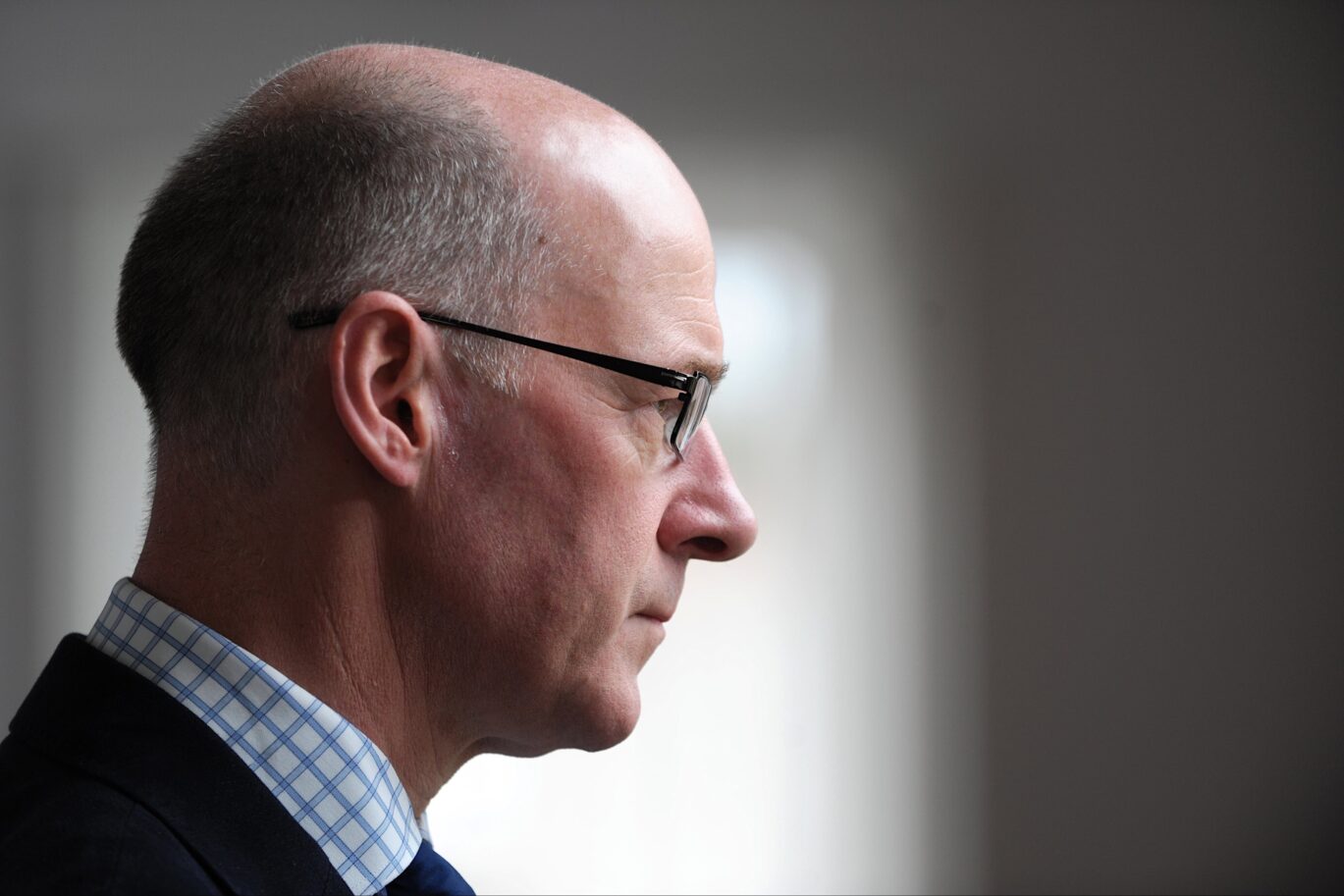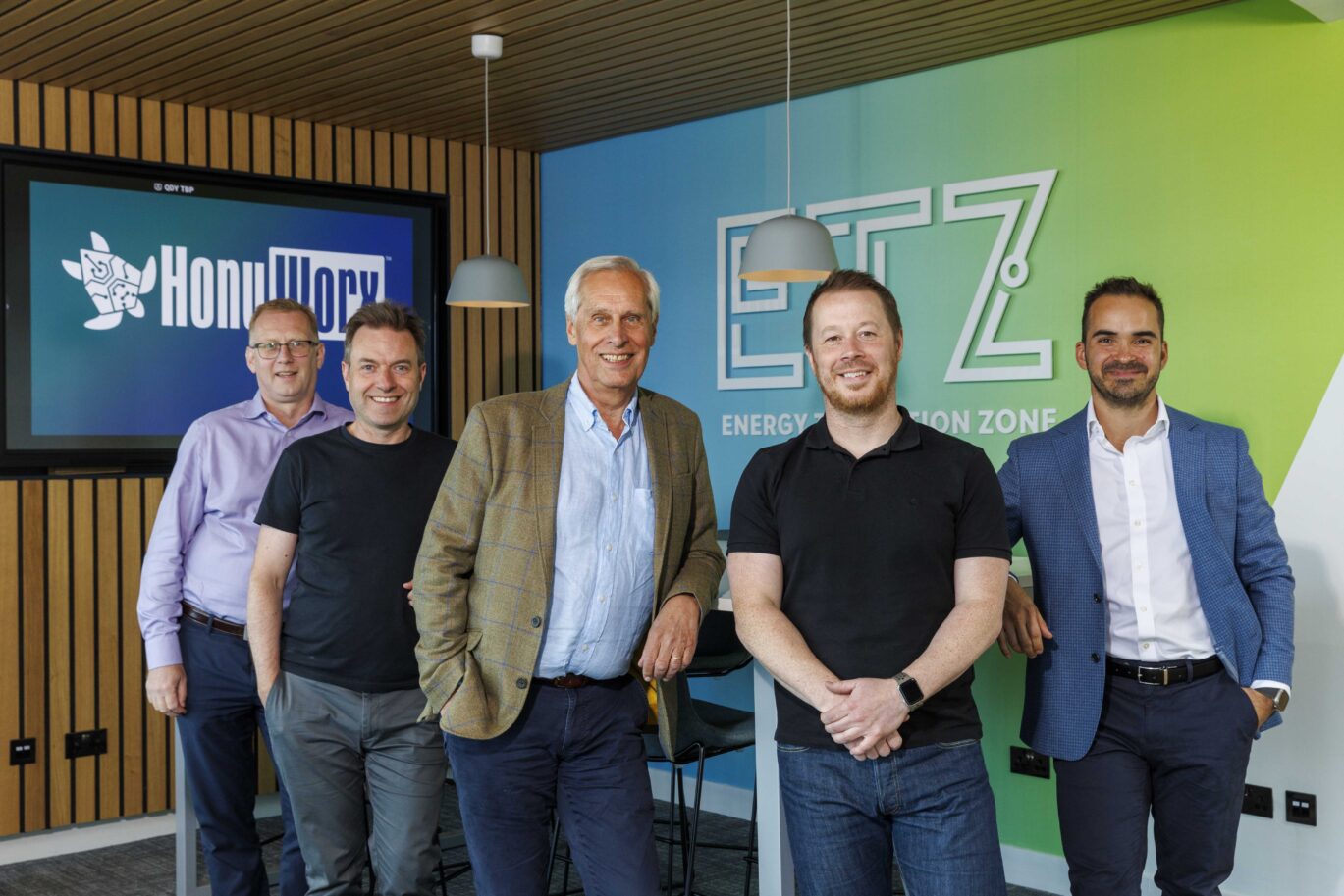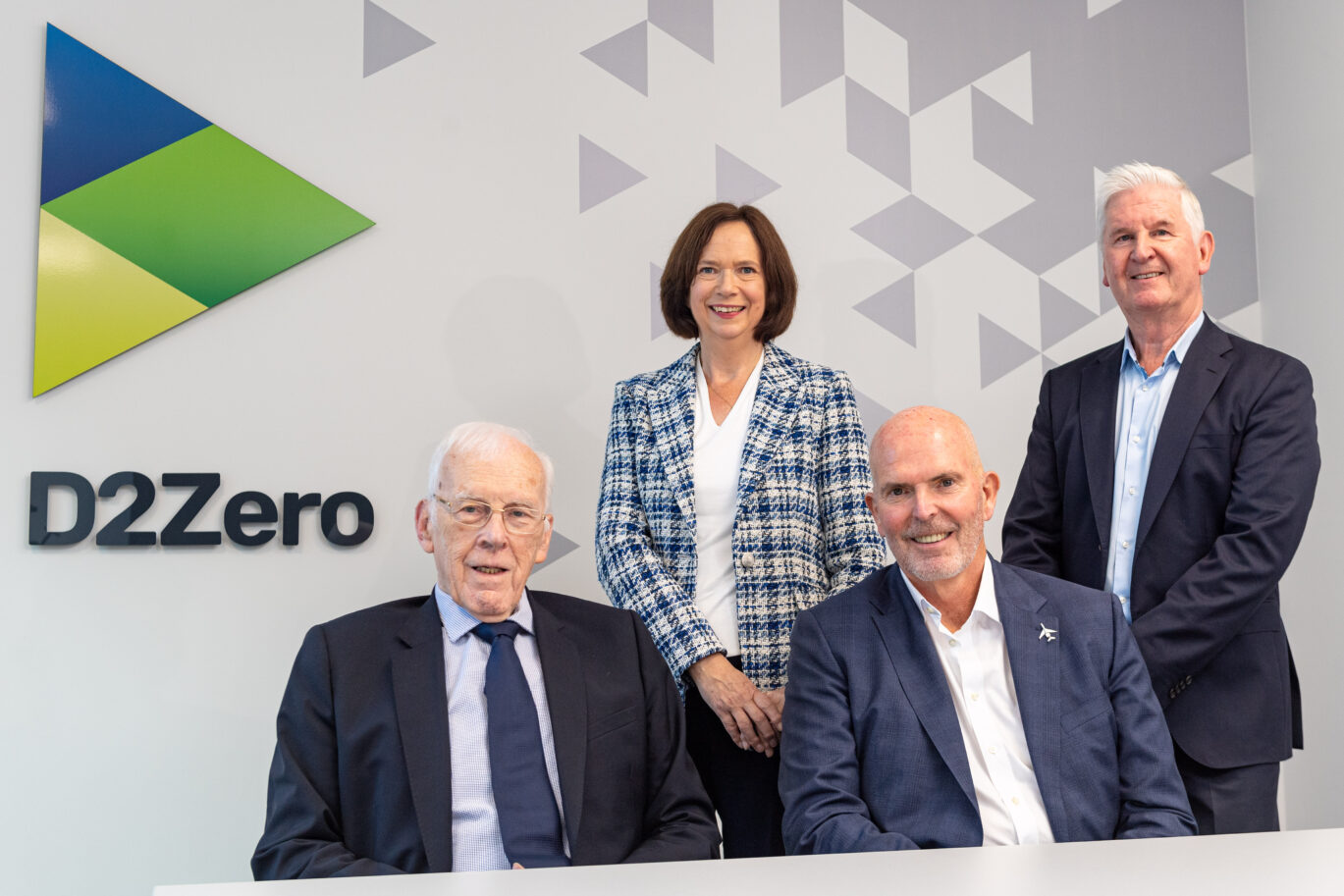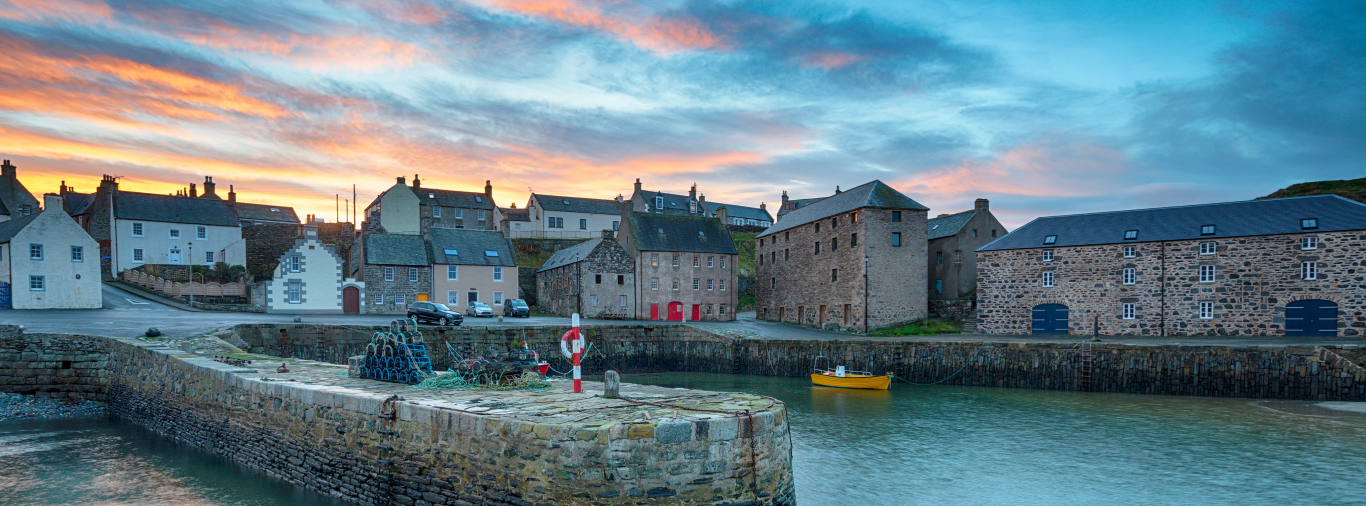Dr Eilidh Whiteford, Senior Advisor at True North, shares her expert analysis following the Programme for Government announced yesterday afternoon.

- Communications
- Insight & Analytics
- SNP
Stuck between a rock and a hard place
John Swinney is between a rock and a hard place. Although he described it as a privilege to announce his first Programme for Government in parliament on Wednesday afternoon, in truth few would envy his predicament: his government is caught in fierce headwinds and he has too little time and money at his disposal to turn around its flagging fortunes.
It was left to Finance Secretary, Shona Robison, in a statement to parliament on Tuesday, to outline around £1bn of cuts that will be needed to balance next year’s Scottish budget, with the gory details spelled out in a letter to the Finance and Public Administration Committee. Few areas of spend are unscathed, with all but essential recruitment already suspended, and restrictions imposed on travel and marketing. Hard choices are having to be made in every portfolio.
The Scottish Government’s biggest challenge is financing public sector pay, which has been eroded in real terms over recent years due to high inflation and rising living costs. The pay deals reached in Scotland may have averted the costs and chaos of industrial action, but a fair settlement for the workforce has come with a heavy political price tag. It is not simply that the public sector is relatively larger in Scotland and that workers are slightly better paid; as the Scottish Fiscal Commission has pointed out, there are also higher median pay levels within the Scottish public sector, so even if Scottish Ministers had secured a deal identical to other parts of the UK, it would still be costing them more.
Arguably, these kinds of differentials should be seen as part and parcel of devolution, and in most circumstances, a manageable financial choice. The crunch has come because the Scottish Government had not anticipated the new UK Chancellor’s decision to partially fund the public sector pay increases in England from departmental savings that deliver no Barnett consequentials. The Scottish Government has been left with no choice but to look to its own departmental spending plans to fill the funding gap and reallocate accordingly.
With limited room for manoeuvre, then, the FM has confirmed his priorities will be in tackling child poverty, growing the economy, addressing the climate emergency, and ensuring high quality, sustainable public services. He has doubled down on flagship measures to support families, such as the child payment, and funded childcare provision, and has committed £600m for affordable housing – not enough to solve the housing crisis, but at least acknowledging that investment is needed to address the problem.
The government’s ongoing commitment to the Green Freeports and Investment Zones will be welcomed by those looking to progress the transition to renewable energy and take advantage of the opportunities opening up in offshore wind, hydrogen and carbon capture. These are joint initiatives with the UK Government that have potential to boost growth, increase productivity and create jobs, so will be an early test of the ability of the two governments to work together effectively.
There are no real surprises in the fourteen Bills announced today. Some legislation is carried over from the previous programme, some Bills revise or update existing legislation, but it all feels more managerial than visionary. Increasingly, the Scottish Government looked penned in, without the resources needed to make the bold policy changes or strategic interventions that might just restore its reputation.
Keep in touch
Sign up to our newsletter.
"*" indicates required fields









